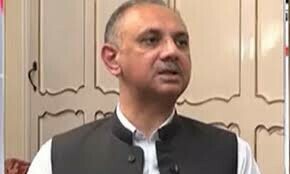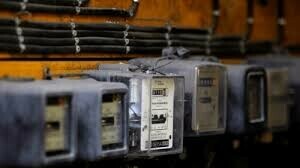ISLAMABAD, Jan 12: In an unprecedented move, the National Electric Power Regulatory Authority (Nepra) has protested against the government for what it called bulldozing the regulatory process by forcing higher tariffs in the name of energy crisis without providing even the basic information.
It also criticised Wapda for setting up thermal power projects on lavish rentals from US companies without competitive bidding, and accused the Ministry of Water and Power for being selective in providing higher tariffs to projects of its choice and denying similar rates to others.
In a unanimous decision, the Nepra said that the projects had “proceeded to a stage where not ratifying or denying the rates agreed to between the parties under the arrangement approved by the federal government would result in stalling the process."
In the end, the regulator approved such tariffs “in the interest of the consumers of electricity, the public interest at large and in deference to the desire of the federal government to avoid loadshedding and the decisions already taken in this context (by the government)."It also raised questions about the government’s planning capabilities that would cause the public an unnecessary burden in the years ahead.
"The impending countrywide crisis of power generation during peak demand months, expected in the years 2007 and 2008, due to inadequate additions in the recent past (2002 to 2006) has compelled the adoption of desperate short-term measures within the policy and planning scenario," it noted.
Such measures included the proposal of the Northern Power Generation Company Limited (NPGCL), a corporate entity of Wapda, to rent power plants for installation of a 150MW plant at Sharaqpur grid station and 136MW at Bhiki grid station in Punjab, it said, adding that it had been asked to clear a tariff already approved by the Economic Coordination Committee (ECC) of the cabinet, presided over by Prime Minister Shaukat Aziz on August 16, 2006.
The Nepra, in a written determination signed by the full authority including three members and a chairman, also quoted the Planning Commission for expressing "concern over high price and low efficiency of the plants" and "the apprehension about the expected power shortages and its adverse impact on the economy."
The Wapda had been restricted over the last four years to set up power plants on its own despite repeated letters and presentations to the prime minister about looming shortages. However, due the shortages occurring a few months ago, the government finally gave a go-ahead regarding the installation of new plants and hiring of decades-old, second-hand plants on rent.














































Dear visitor, the comments section is undergoing an overhaul and will return soon.